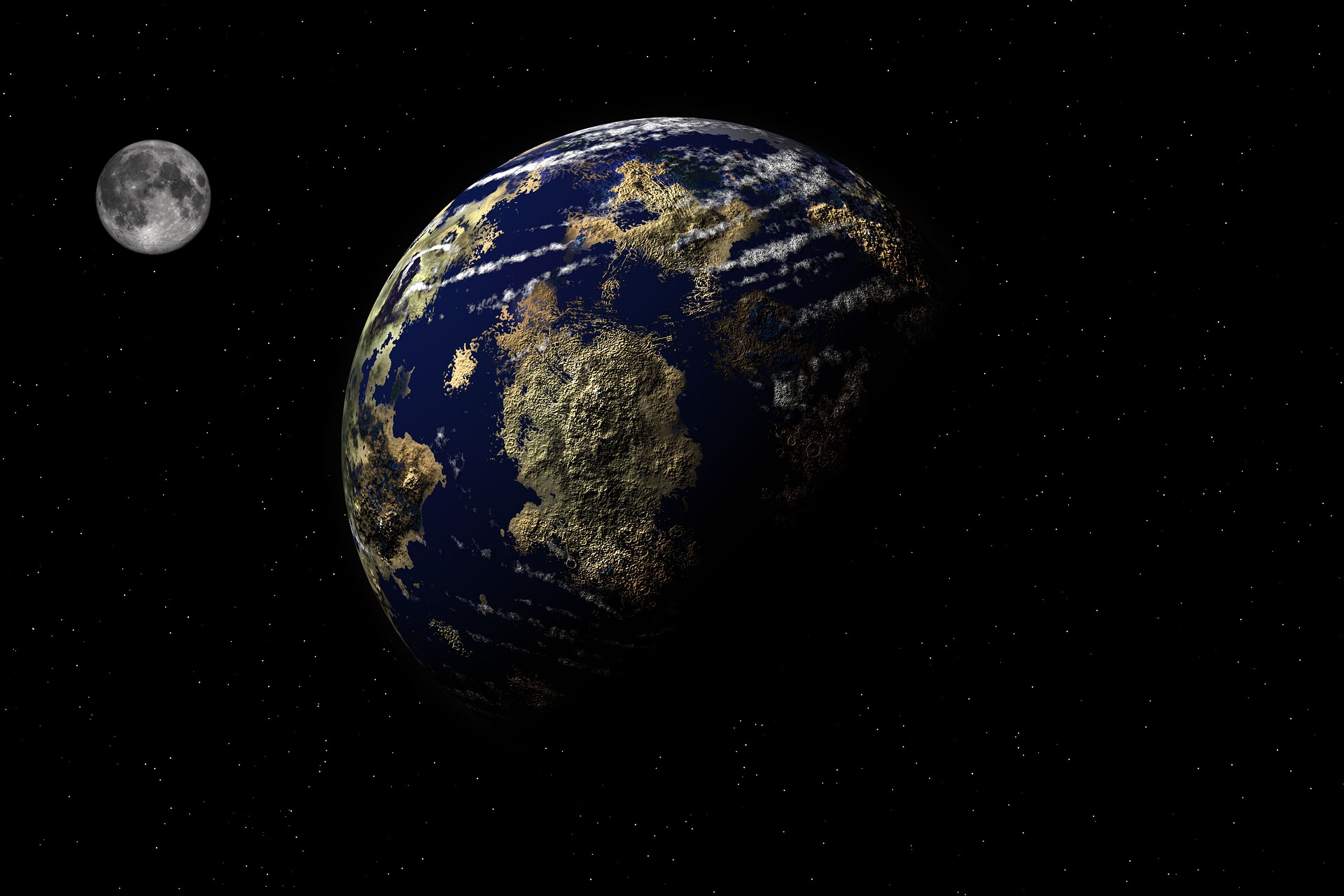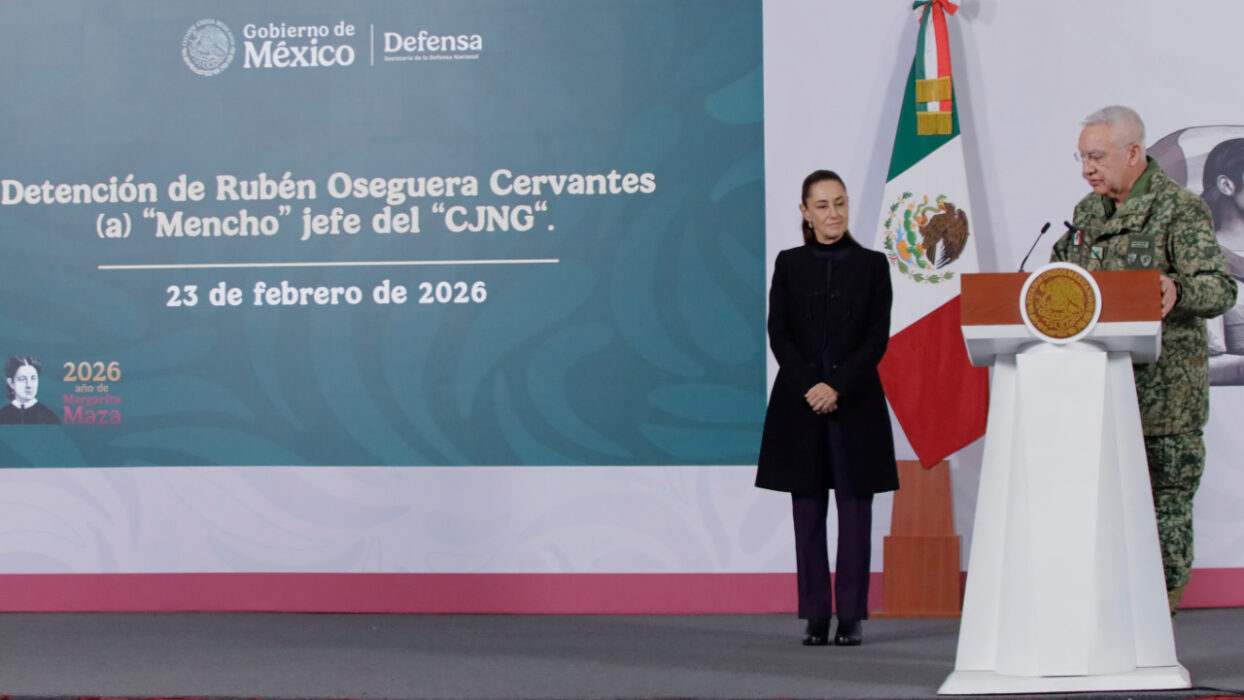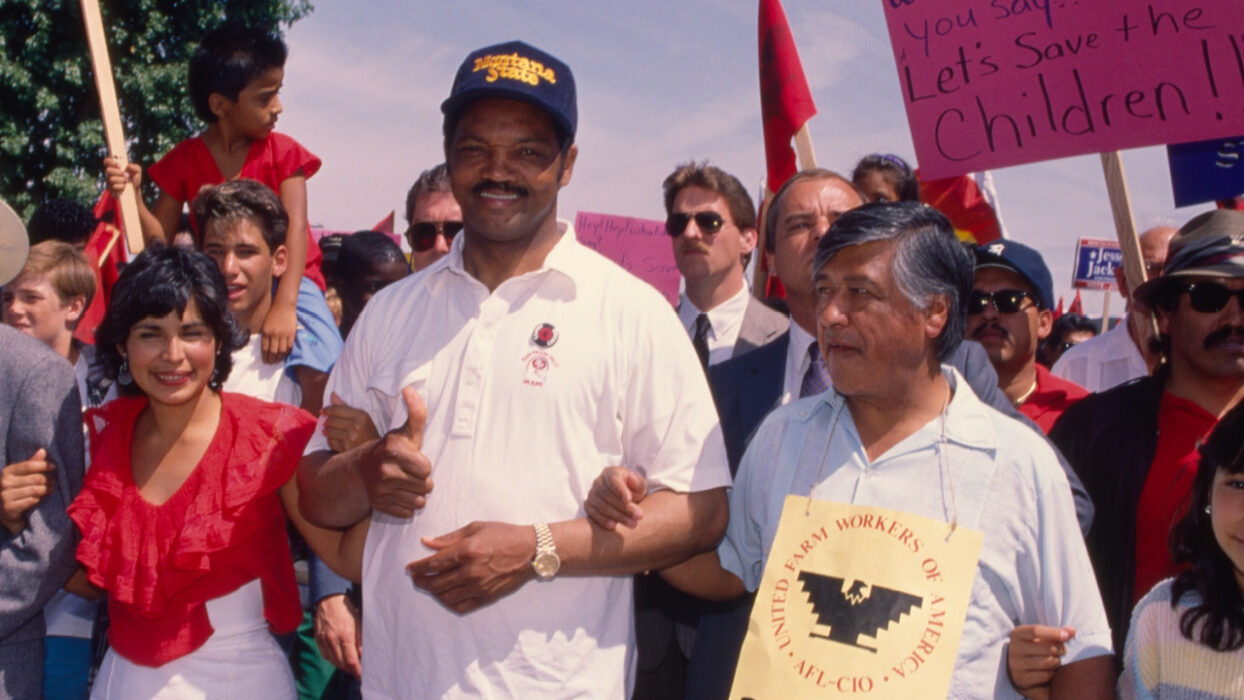
Mexico Will Be the First To Send Robots to the Moon To Mine Soil
Robots on the moon? No, that isn’t the plot of the newest sci-fi blockbuster, but the latest space venture out of Mexico.
On February 1, Mexico’s foreign ministry, in partnership with the Mexican Space Agency and the state of Hidalgo, announced the official start of the Colmena Project, Mexico’s first ever mission to the moon.
And this mission isn’t just any mission. This lunar trip will send nano-robots to the surface of the moon to mine lunar soil. The mission is set to take place this June.
According to the mission’s supporters, the goal is to experiment with robots as both space explorers and space miners.
“Taking nature as an example, Colmena will show that very small robots can operate both as researchers and miners when coordinated,” said Gustavo Medina Tanco, the head of the Space Instrumentation Laboratory (LINX) at the University of Mexico’s Institute for Nuclear Sciences (UNAM).

There will be 5 nano robots on this mission, each of them weighing less than .1 lb and measuring less than .5 inches. The robots will stay on the moon for approximately one lunar day (roughly 29.5 earth days).
This robot expedition is the first of many when it comes to space-mining. “This is a small mission where we’ll test the concept, and afterward we’ll undertake other missions, first to the moon and then on to asteroids,” Medina said in a statement.
In the same statement, Medina expressed his excitement over Mexico being the leader in this realm of space-exploration. “No one has done this, nobody, not just in Mexico,” he said in a statement. “We can make a difference in the technology and for international cooperation that can then lead to important joint ventures to study the minerals or undertake other scientific exploration.”
In his own statement, Hidalgo Governor Omar Fayad also expressed how important the Colmena mission will be in inspiring younger generations of Mexicans to get involved in science.
“COLMENA highlights all the values of the UNAM, and gives Mexican society a new way of seeing and understanding the modern world and the confidence that things are possible and that we can overcome our own limits,” Fayad said.
“It will be a turning point and, when it happens next June, all of Mexico’s children and youth will know about it. Maybe it will inspire the next astronaut or the leader of the next missions.”
In recent years, the possibilities of space-mining have become a reality thanks to a bigger global push towards space exploration. Public policy organization the Milken Institute predicts that space-mining will be the next frontier of space exploration.




